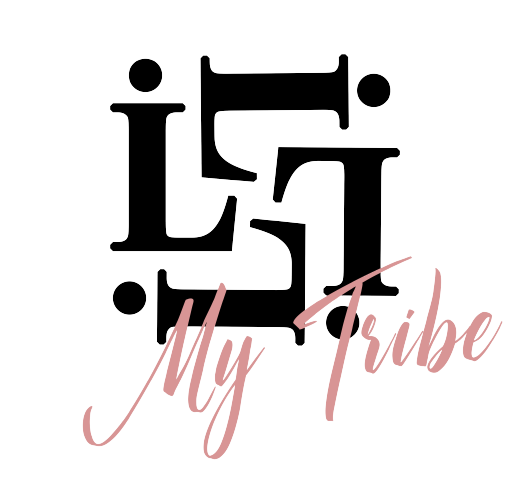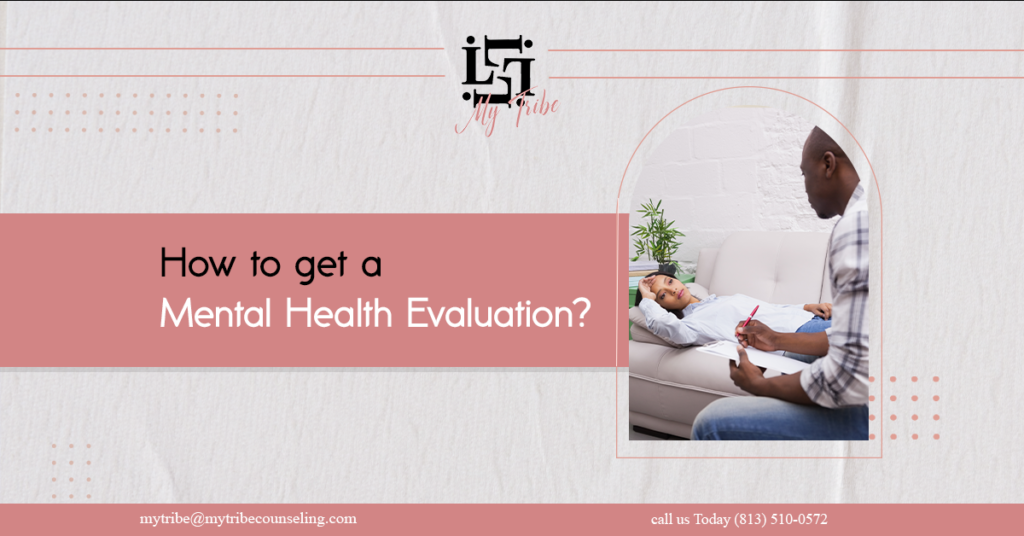Looking after your mind is as vital as caring for your body. However, some people aren’t sure what to do when they suspect something’s not right.
Considering getting expert assistance? Knowing how a mental health checkup works is your initial step. It might seem huge, but it’s straightforward.
We’ll explain it for you so you’re well informed on how to make the first move towards sound mental health.
What Is a Mental Health Evaluation?
It’s a session where a professional checks your emotional, mental, and social wellness.
Usually, a trained mental health evaluator does this—they could be a therapist, psychologist, or psychiatrist. They aim to figure out if you’re grappling with mental issues, what sort, if any.
This step is integral to getting an accurate assessment and diagnosis. The evaluation shapes the direction the mental health expert takes to design a care plan that fits your situation.
Why Should You Consider a Mental Health Evaluation?
You might be wondering why you should go through this process at all. People have many motives to consider a mental health check-up.
Let’s look at why:
- Feeling constantly down, worried, or frustrated?
- Difficulties with friends, family, or job?
- Trouble handling significant changes or distress?
- Seeing patterns that worry you, like pulling away from others or misusing substances?
Understanding how to get a mental health evaluation puts you in charge of your mental health and kicks off your recovery journey.
How to Get a Mental Health Evaluation
Going for a mental health evaluation may feel daunting initially, but breaking it up makes it simpler. Here’s the way to do it:
- Identify Your Needs – Reflect on why you want an evaluation. Are emotional ups and downs, changes in behavior, or daily life problems troubling you? Identifying your concerns paves the way.
- Research Providers – Search on the internet or ask around to find a certified mental health evaluator in your region. Using terms like “how to get a mental health evaluation” or “where to go to get a psychological evaluation” will show handy resources and reviews.
- Consult Your Primary Doctor – Your physician can point you to a reliable mental health expert or specialist that matches your needs. They might even do an initial screening to figure out your symptoms.
- Verify Insurance Coverage – Verify what services are included in your insurance coverage before setting an appointment. This helps in budgeting and finding in-network choices. If you lack insurance, explore community clinics or online sites with budget-friendly mental health services.
- Schedule an Appointment – Once you’ve found the right provider, set up an appointment. Come ready to talk about your worries and find out more about what comes next, like how long it might take.
Taking action like this can make the process of learning how to get a mental health evaluation feel easy. Always remember asking for help is an act of courage, and it will lead you to better mental wellness.
Getting Ready for a Mental Health Evaluation
What to Think About Before You Go
Evaluations often involve answering psychological evaluation questions about your thoughts, feelings, behaviors, and history. The expert might ask you:
- The way you feel emotionally at the moment.
- Problems you’ve dealt with recently.
- Your health history and your family health history.
- Any medicines you’re taking or have taken.
- Old encounters with mental health or therapy.
The reason why psychiatric assessment questions are key is that they help the evaluator checking understand what’s happening to you.
Be truthful—it’s important to get a clear diagnosis and remedies.
How Long Does a Mental Evaluation Take?
A mental health evaluation takes different lengths of time, but it usually lasts for about one to two hours. This depends on your needs and the expert doing the evaluation.
When it comes to how long does a mental evaluation take, it’s essential to plan for a couple of hours, especially if the process involves forms or questionnaires.
Where to Go for a Mental Health Evaluation
When you’ve decided to proceed with this, your next question might be, where can I get a mental health evaluation near me? Here are a few options:
- Community Clinics: You can often find local clinics or health centers that provide evaluations for a lower cost.
- Private Practices: Make an appointment with a nearby psychologist, psychiatrist, or licensed counselor.
- Hospitals: Some hospitals feature mental health divisions or end-to-end crisis support services.
- Online Platforms: Virtual mental health services are rising in popularity. They link you to experts from your home’s convenience.
Deciding where to go to get a psychological evaluation depends on your likes, finances, and the urgency of your need.
Psychological Evaluation vs Psychiatric Evaluation
Understanding these two assessments can be helpful. The methods and aims of a psychological evaluation vs a psychiatric evaluation can differ:
- A psychologist usually conducts a psychological evaluation. This involves examining your feelings, actions, and character traits. Standard psychological tests may be part of it.
- A medical doctor called a psychiatrist, conducts a psychiatric evaluation. Their main goal is usually to identify conditions that require medication, such as depression or bipolar disorder.
Each evaluation type holds distinct advantages, and a mix of both might be included in your treatment at times.
How Much is a Mental Health Evaluation?
The price tag of a mental health evaluation is a big question.
It ranges based on factors like location, the provider, and if you have an insurance plan.
On average, a face-to-face evaluation may cost between $100 and $300 for an initial consultation, while online assessments might not cost much.
If the cost worries you, check out local resources, practices offering a sliding fee scale, or national programs providing accessible mental health care.
What’s the Next Step After the Evaluation?
The outcome of your evaluation equips you and your mental health evaluator with necessary insights to proceed. This may include:
- A precise diagnosis or verification of no existing issues.
- Suggestions for therapy, medicine, or lifestyle modifications.
- Referrals to additional experts if required.
The evaluation marks the start of your mental health treatment journey, and it’s crucial.
Practical Tips to Get Started
- Look for Local Services – Commence with googling queries such as “where can I get a mental health evaluation near me” and survey reviews of local providers.
- Seek Recommendations – Don’t fret to ask trusted allies or family for their advice.
- Gather Documents – Prepare any medical documents or personal notes regarding your mental health before your visit.
- Remain Receptive – Remember, your evaluator is there to assist, not to critique.
Whether it’s you or a loved one looking for assistance, understanding how to get a mental health evaluation can be transformative.
Get Started with My Tribe Counseling
Encouraged to improve your mental state? We can help.
We provide evaluations, counseling, and customized support. Make a change now with My Tribe Counseling.
Connect with us to arrange your appointment.
FAQs
How do you get someone evaluated for mental illness?
Help them find a local mental health expert. This could be a therapist, psychologist, or psychiatrist. Help them schedule a meeting. If it gets serious, call for immediate help like a hospital or crisis service.
How do I get a mental health assessment?
Get in touch with a certified mental health specialist. Ask your general doctor for a suggestion if you’re unsure. Many local clinics and telehealth services offer checks. Be ready to talk about your past and current worries.
How do I get a proper mental health diagnosis?
Consider a thorough mental health evaluation with an expert mental health evaluator. They’ll ask about your symptoms and your health history. They might give you some tests. Keep in mind to follow any advice or treatments afterward.
How can you measure mental health?
Professionals analyze mental health through methods like questionnaires, interviews, or tests. They’ll assess your symptoms and overall mental wellness. Personal stuff like your ability to handle emotions, stress, and the quality of your relationships also matter.

